Malala Yousafzai, 17, has become a symbol for every girl’s
right to education, even in the face of violence. She barely survived an
assassination attempt in October 2012. The attack and subsequent media coverage
made her name — the same name as a
legendary Pashtun heroine — known
around the world.
Even before she became
one of the most famous teenage activists in the world, Malala Yousafzai was no
ordinary girl. Her words have had power since 2009, when she was an anonymous
blogger for the BBC’s Urdu-language service. Malala’s
father, also an activist, nominated her for the blogging post, the editor of
the service told Time Magazine in 2012. For three months, she wrote about the
impact of the Taliban’s edict banning girls from attending school, and the way it
changed her life.
“On my way from school
to home I heard a man saying 'I will kill you’,”
she wrote in January 2009. “I
hastened my pace... to my utter relief he was talking on his mobile and must
have been threatening someone else over the phone.”
She continued her advocacy after her
blog ended, as the subject of a documentary produced by the New York Times and
the first-ever recipient of Pakistan’s National Youth
Peace Prize. She received numerous accolades for her work both before and after
the attack. One of those awards was honorary Canadian citizenship, which
Stephen Harper was supposed to present to her in Toronto on the day of the
Ottawa shootings. The ceremony was cancelled and rescheduled.
Malala is a polarizing figure in
Pakistan. One school held an I Am Not Malala Day last November, and 44
per cent of Pakistanis felt ambivalent about Malala in a survey taken when she
was nominated for the Nobel Prize. While some express ambivalence and
hostility, Malala has also received plenty of support in her home country. Many
news outlets reported that Pakistani clerics said there was no religious
justification for the attack on Malala.
Regardless of public opinion in her
home country, Malala was determined to create lasting change for children
around the world. The Malala Fund, established in 2012, has been active in
several countries. Last year, the organization funded 11 projects. Some of these
projects taught Kenyan girls about technology, assisted girls affected by Ebola
in Sierra Leone, and helped Syrian refugees in Jordan and Lebanon.
In addition to these projects, the
fund has an ambitious long-term goal; to guarantee 12 years of free and high
quality education for every child on the planet by 2030. That would include 66
million girls around the world who are currently out of school, according to
UNESCO. Helping girls get back in school and complete their education could
have widespread effects. According to one infographic published by the Malala
Fund, helping girls stay in school for 12 years could cut the number of
children who die before their fifth birthday in half.
“I come from a country
which was created at midnight,” Malala
wrote in her 2013 book, I Am Malala. “When I almost died it
was just after midday.” Now, Malala’s
life seems far from sundown.

 In The Latest Issue:Latest Issue:
In The Latest Issue:Latest Issue:
- A Bittersweet Farewell
- The new Laval Aquatic Co...
- The End of an Era:
Articles
Calendar
Virtual- ANNUAL TEACHER APPRECIATION CONTEST
- APPUI LAVAL
- ARTS & CULTURE
- CAMPS
- CAR GUIDE
- CCIL
- CENTENNIAL ACADEMY
- CHARITY FUNDRAISING
- CITYTV
- COSMODÔME
- COMMUNITY CONNECTIONS
- COVER STORY
- DINA DIMITRATOS
- ÉCOLE SUPÉRIEURE DE BALLET DU QUÉBEC
- EDITORIALS
- ÉDUCALOI
- EDUCATION
- EMPLOYMENT & ENTREPRENEURSHIP
- FÊTE DE LA FAMILLE
- FÊTE DU QUARTIER SAINT-BRUNO
- FAMILIES
- FESTIVAL LAVAL LAUGHS
- FÊTE DE QUARTIER VAL-DES-BRISES
- FINANCES
- GLI CUMBARE
- GROUPE RENO-EXPERT
- HEALTH & WELL-BEING
- 30 MINUTE HIT
- ANXIETY
- CHILDREN`S HEALTH & WELLNESS
- CLOSE AID
- DENTAL WELLNESS
- EXTREME EVOLUTION SPORTS CENTRE
- FONDATION CITÉ DE LA SANTÉ
- GENERAL
- HEARING HEALTH
- MESSAGES FROM THE HEALTH AGENCY OF CANADA
- MENTAL HEALTH
- SEXUALITY
- SOCIAL INTEGRATION
- SPECIAL NEEDS
- TEENS
- THE NUTRITION CORNER
- THE NUTRITION CORNER - RECIPES
- VACATION DESTINATION
- WOMEN'S FITNESS
- WOMEN'S HEALTH
- HILTON MONTREAL/LAVAL
- HOME & GARDEN
- INTERNATIONAL WOMEN'S DAY
- JAGUAR LAVAL
- LAVAL À VÉLO
- LAVAL FAMILIES TV SHOW
- LAVAL FAMILIES MAGAZINE CARES
- LAVAL URBAN IN NATURE
- LE PARCOURS DES HÉROS
- LES PETITS GOURMETS DANS MA COUR
- LEON'S FURNITURE
- LEONARDO DA VINCI CENTRE
- LFM PREMIERES
- LIFE BALANCE
- M.P. PROFILE
- MISS EDGAR'S AND MISS CRAMP'S SCHOOL
- MISSING CHILDREN'S NETWORK
- NETFOLIE
- NORTH STAR ACADEMY LAVAL
- OUTFRONT MEDIA
- PASSION SOCCER
- PARC DE LA RIVIÈRE-DES-MILLE-ÎLES
- PÂTISSERIE ST-MARTIN
- PIZZERIA LÌOLÀ
- PLACE BELL
- PORTRAITS OF YOUR MNA'S
- ROCKET DE LAVAL
- SACRED HEART SCHOOL
- SCOTIA BANK
- SHERATON LAVAL HOTEL
- SOCIÉTÉ ALZHEIMER LAVAL
- STATION 55
- STL
- SUBARU DE LAVAL
- TECHNOLOGY
- TEDXLAVAL
- TODAY`S LAURENTIANS AND LANAUDIÈRE
- TODAY`S LAVAL
- WARNER MUSIC
- THIS ISSUE
- MOST RECENT
Magazine
Malala Yousafzai ‒The Inspiring Story of a Girl Who Fought for Education
Articles ~e 105,7 Rythme FM 4 chemins Annual Teacher Appreciation Contest Appui Laval Arts & Culture Ballet Eddy Toussaint Camps THIS ISSUE MORE...
CONTESTS Enter our contests
CONTESTS Enter our contests
CALENDAR
Events & Activities
COMMUNITY Posts Events
PUBLICATIONS Our Magazine Family Resource Directory
LFM BUSINESS NETWORK Learn more
COUPONS Click to save!
COMMUNITY Posts Events
PUBLICATIONS Our Magazine Family Resource Directory
LFM BUSINESS NETWORK Learn more
COUPONS Click to save!
SUBSCRIPTIONS
Subscribe to the magazine
Un-Subscribe
E-NEWSLETTER Subscribe to our E-newsletter Un-Subscribe
WRITE FOR US Guidelines & Submissions
POLLS Vote today!
E-NEWSLETTER Subscribe to our E-newsletter Un-Subscribe
WRITE FOR US Guidelines & Submissions
POLLS Vote today!
ADVERTISERS
How to & Media guide
Pay your LFM invoice
SUGGESTIONS Reader's Survey Suggest a Listing
LFM About Us Our Mission Giving Back Contact Us
SUGGESTIONS Reader's Survey Suggest a Listing
LFM About Us Our Mission Giving Back Contact Us
 PICK-UP LOCATIONS
Get a copy of LFM!
PICK-UP LOCATIONS
Get a copy of LFM!
TERMS & CONDITIONS Privacy | Terms
ISSN (ONLINE) 2291-1677
ISSN (PRINT) 2291-1677
Website by ZENxDESIGN


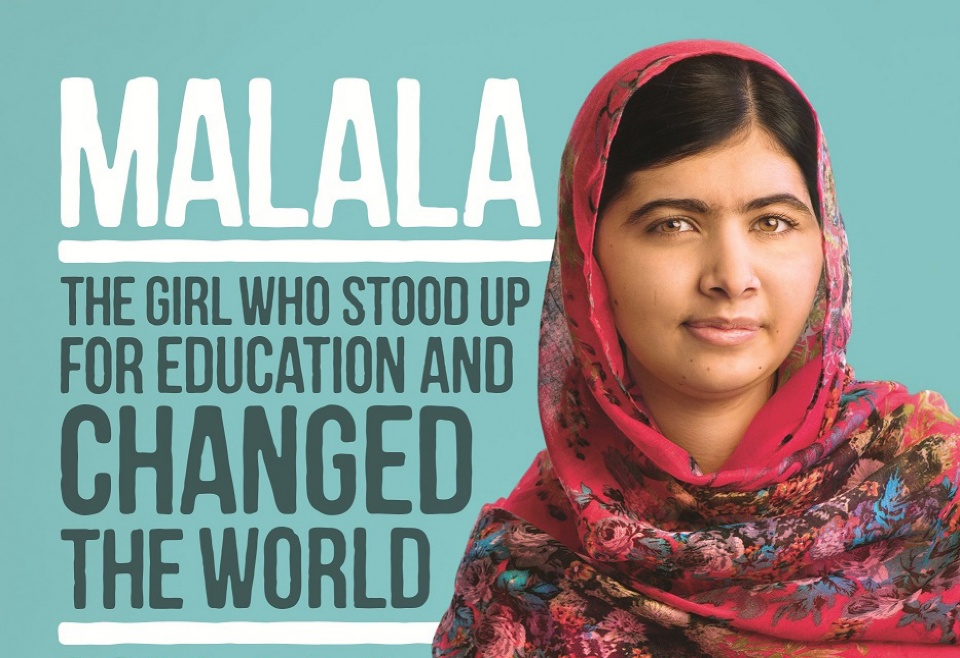
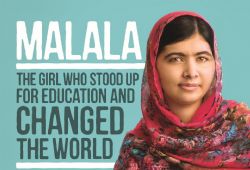
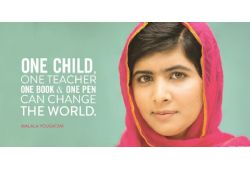
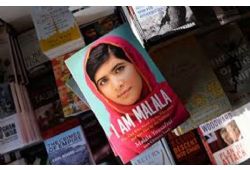
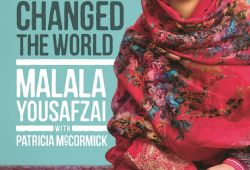
 BY:
BY: 
Tweet
Share